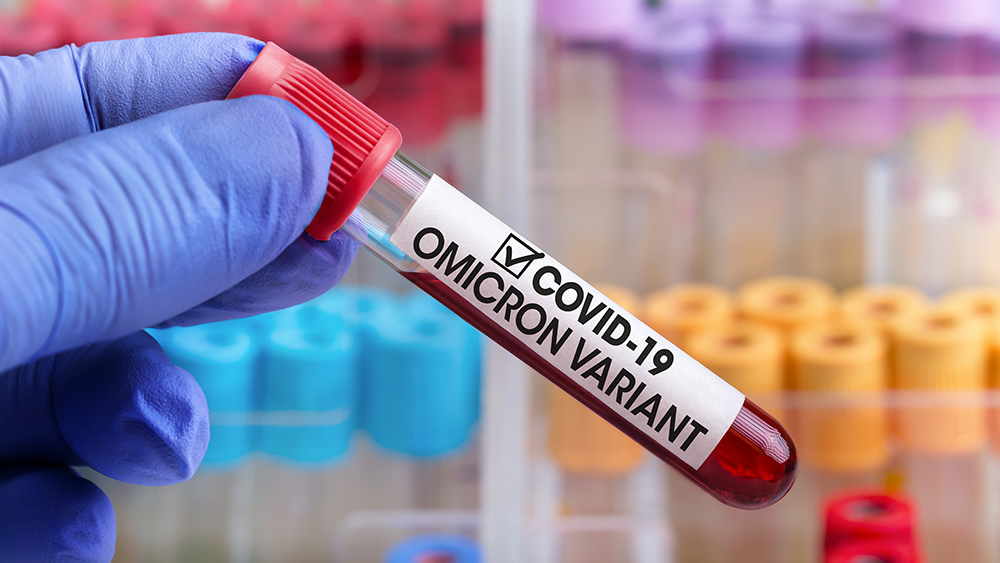Study: People with natural immunity against COVID-19 have significantly lower risk of severe reinfection
12/07/2021 / By Zoey Sky

In a study published in the New England Journal of Medicine, researchers found that natural immunity offers robust protection against the Wuhan coronavirus (COVID-19).
The researchers involved in the study examined 353,326 patients with COVID-19 in Qatar. The participants were infected anywhere between February 28, 2020 to April 28, 2021.
Results showed that out of all the patients, only 1,304 were reinfected. The research did not include 87,500 people who were vaccinated over the duration of the study.
The researchers explained that in earlier studies, they found that previous natural infection offers at least 85 percent protection against COVID-19 reinfection.
They added that the risk of having a severe reinfection is only an estimated one percent of the risk of a previously uninfected person developing a severe primary infection. (Related: Texas man with natural immunity DIES after being forced to take COVID-19 vaccine while awaiting lung transplant.)
The first wave of infections in Qatar occurred between March and June last year. At the end of that period, an estimated 40 percent of the population had detectable antibodies against coronavirus. Qatar experienced two more waves from January through May of this year, prior to the spread of the more infectious delta variant.
The median time between the first illness and reinfection was at least nine months.
Natural immunity lowers risk of severe COVID-19 infection
Among the patients who were re-infected, only four cases were severe enough that they required hospitalization. Among the initial cases, only 28 were considered critical.
There were no deaths among the reinfected group. However, there were seven deaths among the patients with initial infections.
John Alcorn, an expert in immunology and a professor of pediatrics at the University of Pittsburgh, said that having only four cases of severe diseases among 1,304 reinfections was “pretty remarkable.” Alcorn was not involved with the study.
However, the study has limits. It remains to be seen if the virus would behave the same way anywhere else. The study was also conducted when the alpha and beta variants were the cause of many reinfections.
According to data, there were 621 cases caused by an undetermined variant and 213 caused by a “wild type” virus. Additionally, the study didn’t mention the delta variant, which is now the predominant strain. The delta variant could have an impact on the number of reinfections.
The scientists also acknowledged that the duration of natural immunity requires further study to be better understood.
“It needs to be determined whether such protection against severe disease at reinfection lasts for a longer period, analogous to the immunity that develops against other seasonal ‘common cold’ coronaviruses, which elicit short-term immunity against mild reinfection but longer-term immunity against more severe illness with reinfection,” wrote the study authors.
If the same can be said for SARS-CoV-2, the virus or the variants previously studied “could adopt a more benign pattern of infection when it becomes endemic,” added the researchers. They also reported that once-infected patients have a 90 percent lower chance of requiring hospitalization or death compared to primary infections.
The scientists believe that this could be because of the primed immune system after primary COVID-19 infection.
Visit Pandemic.news for more news and information related to the coronavirus pandemic.
Sources include:
Tagged Under: breakthrough, coronavirus, covid-19, discoveries, immune system, infections, natural immunity, outbreak, pandemic, reinfection, research
RECENT NEWS & ARTICLES
COPYRIGHT © 2017 RESEARCH NEWS





















